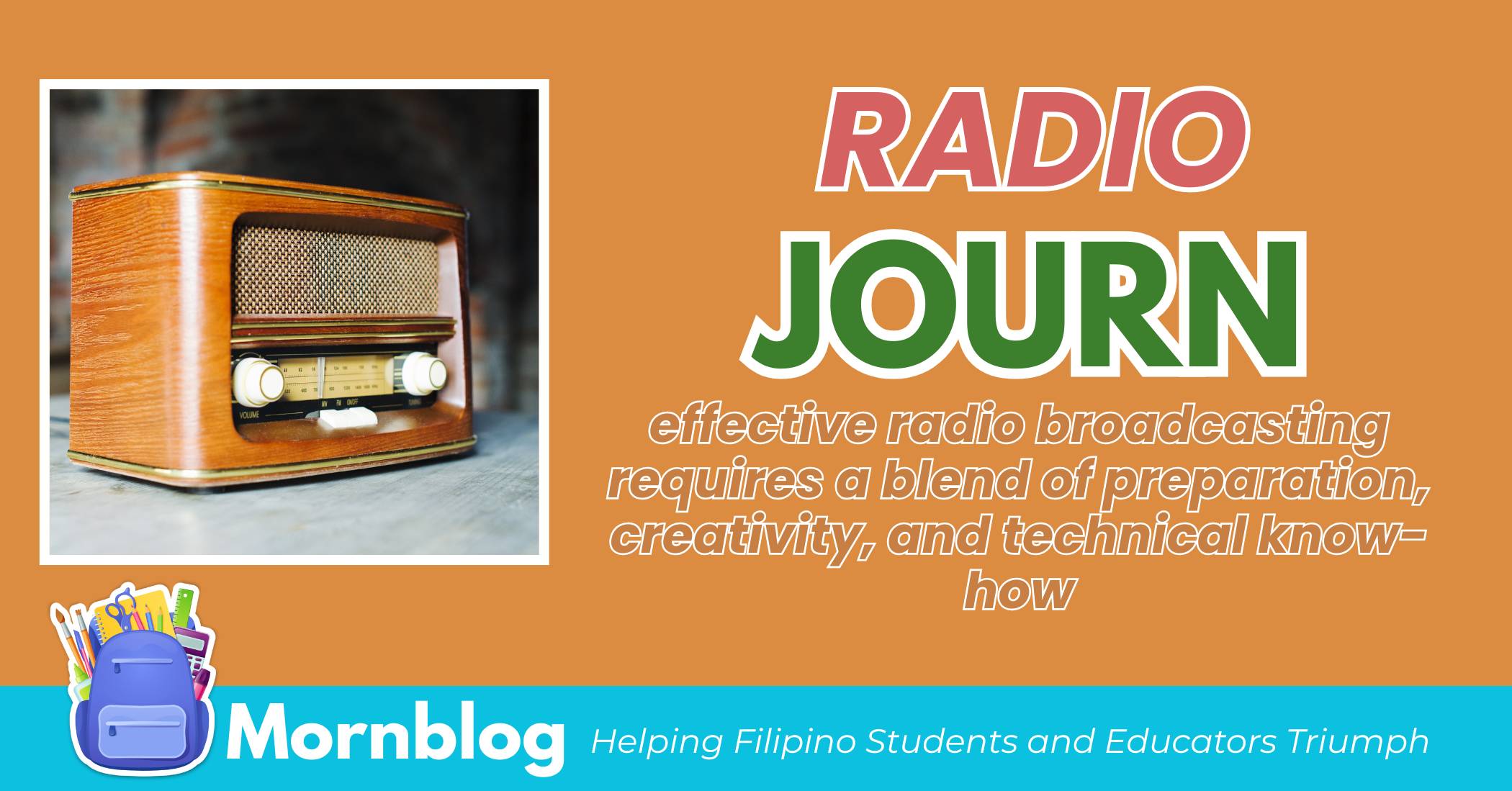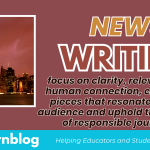As a campus journalist, venturing into radio broadcasting can be an exciting and impactful way to connect with your university community. Here’s how to edge radio broadcasting for campus journalists.
Whether you’re sharing the latest campus news, hosting an interview, or simply providing entertainment, effective radio broadcasting requires a blend of preparation, creativity, and technical know-how.
Here are some essential tips to help you excel in radio broadcasting on your campus.
Table of Contents
Understand Your Audience
Before stepping into the studio, it’s crucial to know who you’re speaking to.
Understanding your audience—whether it’s fellow students, faculty, or a broader campus community, helps you tailor your content.
Consider what your listeners care about: upcoming campus events, academic concerns, student life, or social issues.
The more relevant and relatable your topics, the more likely your broadcast will resonate with your audience. Make sure your tone and content match their interests and expectations.

Plan Your Content Carefully
While radio offers room for spontaneity, planning your content is key to keeping your broadcast engaging and organized.
Outline the key segments of your show, decide on topics, and prepare questions if you’re interviewing someone.
Having a roadmap will not only keep the conversation on track but also make sure you don’t miss important points.
Additionally, you can prepare intro music or sound effects to add energy and give your show a professional touch.
Being well-prepared will help you avoid dead air and give your audience a seamless listening experience.
Focus on Your Voice
Your voice is your most powerful tool in radio broadcasting. It’s important to speak clearly and with enthusiasm, as your delivery can greatly affect how your audience engages with the show.
Practice varying your pitch, speed, and tone to make your voice more dynamic.
A lively voice can captivate listeners, while a flat, monotone delivery may cause them to tune out.
Remember to warm up your voice before going on air to ensure you’re clear, strong, and confident when speaking.
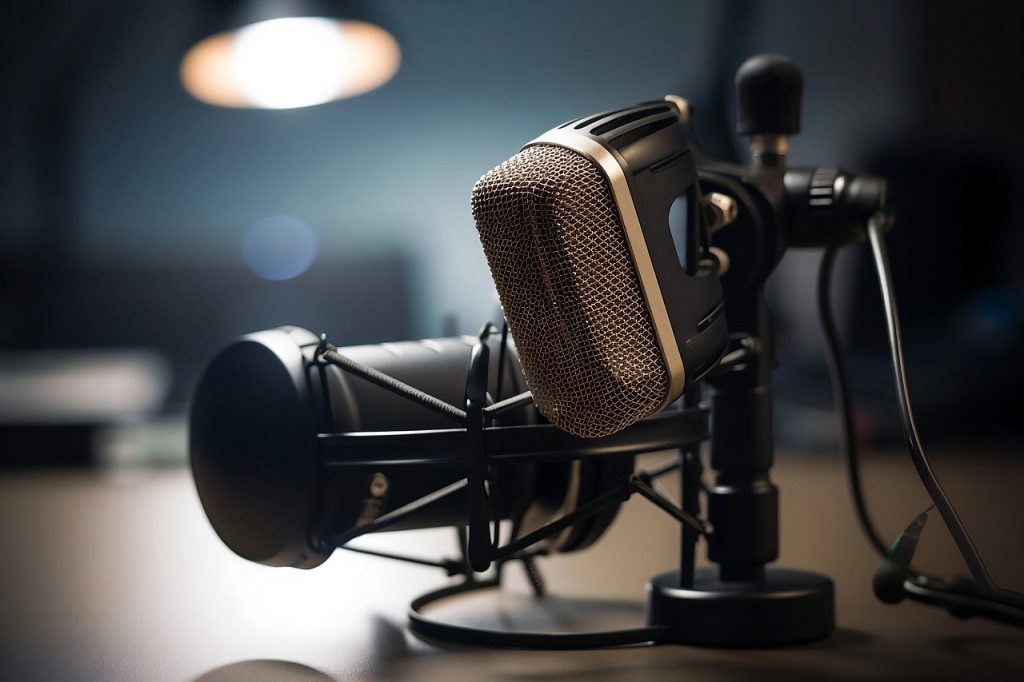
Engage Your Guests
If your show includes interviews, creating a comfortable atmosphere is key to getting the best responses from your guests.
Whether you’re interviewing students, professors, or campus leaders, make sure you’ve done your research beforehand. Prepare thoughtful questions, listen actively, and allow your guests time to speak.
The goal is to encourage natural, engaging conversations that add value to your show. A well-conducted interview can make your broadcast more interesting and informative for your audience.
Use Music and Sound Effects Wisely
Music and sound effects can enhance your broadcast by adding energy or helping to emphasize important points.
However, it’s essential to use these elements in moderation. Background music can set the tone, but too much of it may distract from your voice.
Sound effects can be fun, but overusing them can make your show feel chaotic.
Be mindful of your pacing and balance the use of music and sound effects with your spoken content to maintain a professional and engaging atmosphere.
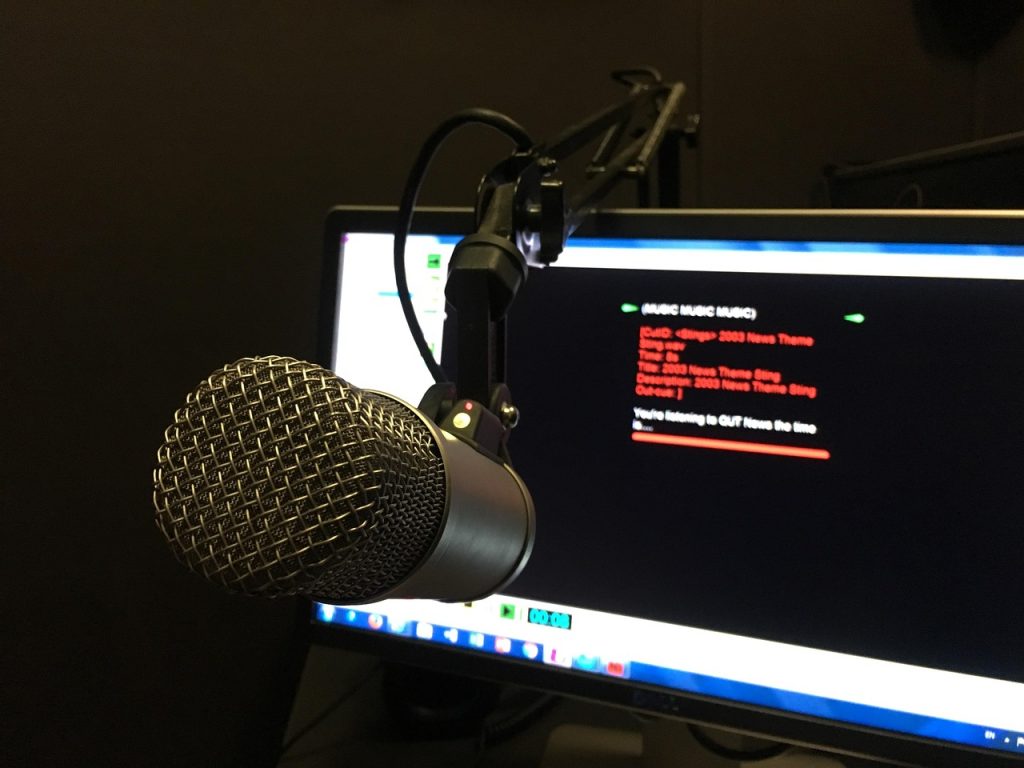
Master the Technical Side
Understanding the technical aspects of radio broadcasting is essential for a smooth production. Familiarize yourself with the equipment, such as microphones, mixers, and audio editing software.
If you’re broadcasting live, ensure that your sound levels are balanced and that there’s no distracting background noise.
If your show is pre-recorded, learn how to edit the audio to eliminate mistakes, tighten up the timing, and improve the overall sound quality.
A solid grasp of the technical side will help you deliver a polished and professional final product.
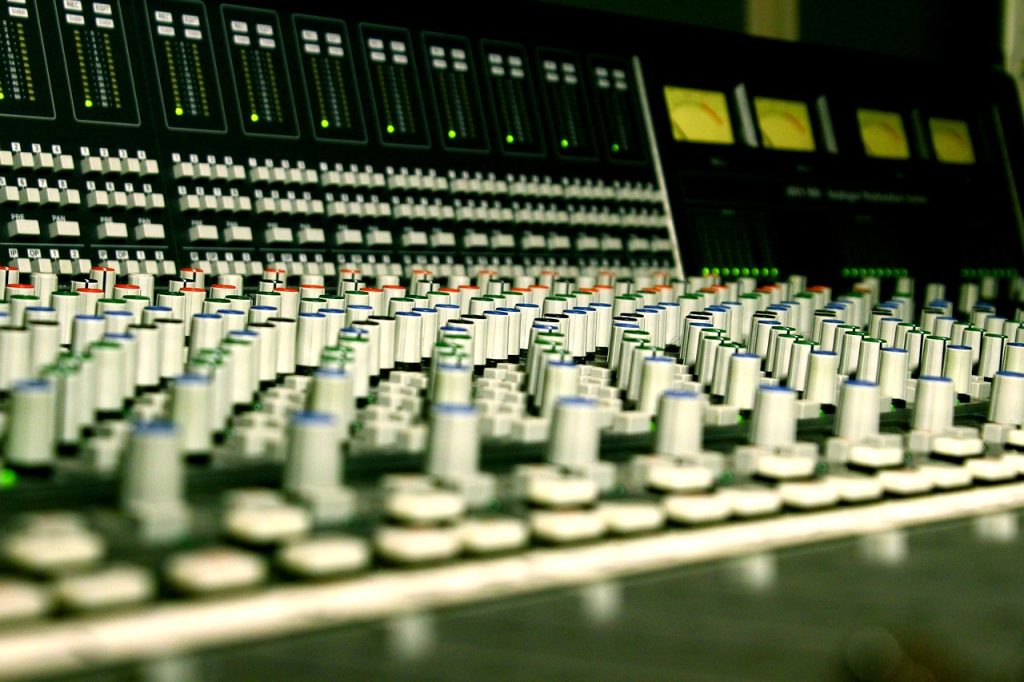
Conclusion
By combining these tips with your unique voice and perspective, you’ll be able to create engaging and effective radio broadcasts that resonate with your campus community.
Whether you’re sharing news, hosting interviews, or simply creating a fun atmosphere, mastering the art of radio broadcasting will help you make a lasting impact on your listeners.
